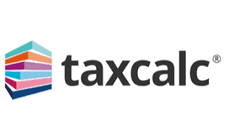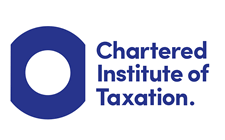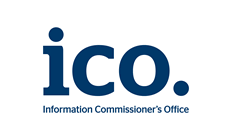IHT planning: gifts from surplus income
If an individual makes gifts out of their surplus income, they can qualify for an unrestricted exemption - making inheritance tax planning very valuable. But how can they demonstrate their intention to HMRC?

Recap
Among the most valuable inheritance tax (IHT) planning stategies is the concept of making gifts from surplus income. Where HMRC accepts that a gift is made from surplus income, it is immediately exempt from iIHT - meaning there is no seven-year clock, and it doesn’t use up any of the nil-rate band. Contrast this with the rather measly £3,000 annual exemption, and it's easy to see why it is potentially very valuable.
Surplus
To be accepted as being made from surplus income, the donor needs to be able to demonstrate that they were able to afford the gift without diminishing their capital or standard of living. However, there is a further condition that must be met.
Regular
Gifts must be an intended part of normal expenditure; normal for the donor, not the average person. What HMRC wants to see is a regular pattern of such gifts and evidence of it. This is relatively straightforward if such gifts have been made year on year, but what if the donor dies after making only a couple of gifts?
Letter of intent
It's prudent for the donor to write a letter signalling the intention for the gift to form part of a regular pattern of giving when they make the first payment. That way, if they were to die after only making a single gift their executors can point to the letter as proof of the intention. This should prevent HMRC from being able to challenge the gift and charge IHT on it.
Our template letter can be used for this purpose. The letter should be completed where required and send it to the intended executors - not to HMRC.
Related Topics
-
When will you have to register your new business for MTD?
The timetable for mandatory use of Making Tax Digital for Income Tax Self-Assessment (MTD ITSA) by existing businesses is well established. But when must you use MTD ITSA if you start a new business or create a new income stream?
-
EU law change for virtual events: how will it affect you?
Your business organises live events online, charging delegates a fee to attend. What are the rules about charging VAT and what changes took place on 1 January 2025 that will affect you if EU delegates attend your sessions?
-
Forthcoming changes to statutory sick pay
According to statistics from the Office for National Statistics (ONS), the rate of sickness absence fell to an average of 4.4 working days lost per worker in 2024, down from 4.9 days in 2023. Whilst this is good news for employers, forthcoming changes to statutory sick pay (SSP) are less good news. What do you need to know?









 This website uses both its own and third-party cookies to analyze our services and navigation on our website in order to improve its contents (analytical purposes: measure visits and sources of web traffic). The legal basis is the consent of the user, except in the case of basic cookies, which are essential to navigate this website.
This website uses both its own and third-party cookies to analyze our services and navigation on our website in order to improve its contents (analytical purposes: measure visits and sources of web traffic). The legal basis is the consent of the user, except in the case of basic cookies, which are essential to navigate this website.